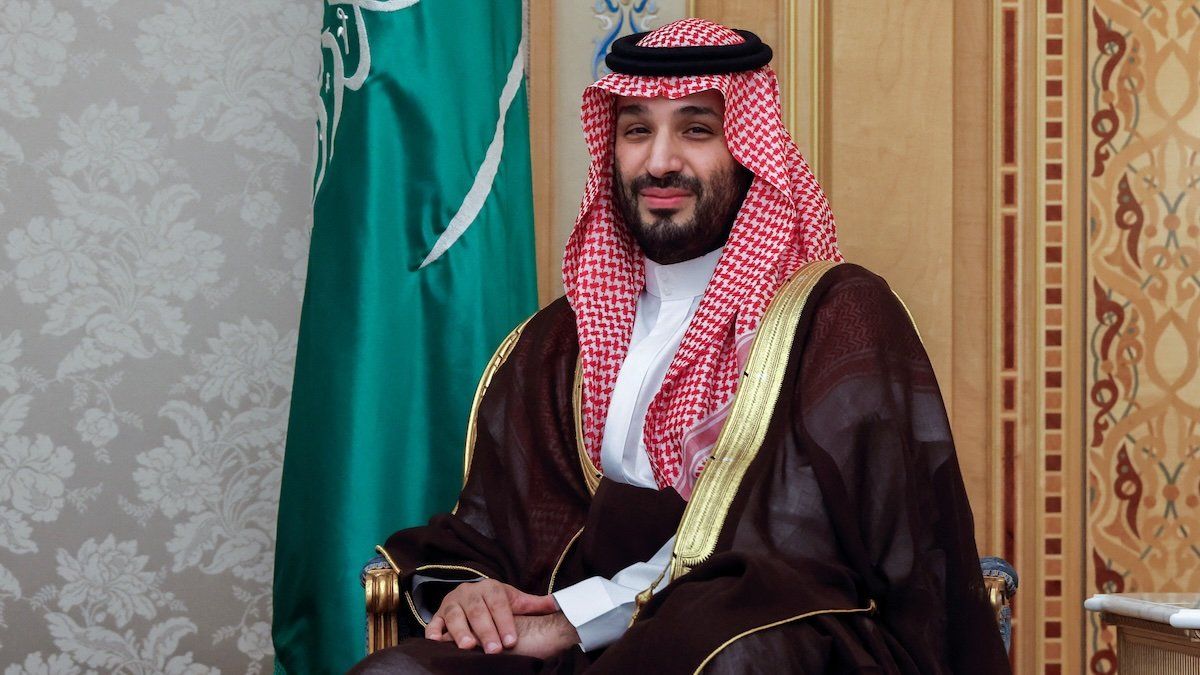Saudi Arabia is reportedly showing fresh interest in a roadmap to peace in Yemen that was iced late last year in the wake of the Oct. 7 attacks in Israel.
The background: For a decade, Saudi Arabia has backed the Yemeni government in a brutal civil war against the Iran-backed Houthi rebels who now control most of the country. The conflict plunged Yemen into a hellish humanitarian catastrophe.
A peace roadmap from last year, which envisions power-sharing and cash transfers to the Houthis for public salaries, was shelved when the group began attacking Red Sea shipping in solidarity with the Palestinians, driving down shipping volumes through the crucial commercial waterway by half.
The Houthis would have to stop those as part of any peace deal.
Wider lens: The Saudis are keen to stabilize the Yemen situation. At the same time, Washington wants to keep Riyadh interested in normalizing ties with Israel as part of a deal that would include a US security guarantee and progress towards a Palestinian state.
But Saudi’s peace push is a gamble for Biden. “A deal would hand the Houthis basically everything they want,” says Gregory Brew, an Iran specialist at Eurasia Group. “Hard for Biden to spin that as a win, even if Red Sea commerce picks back up.”
